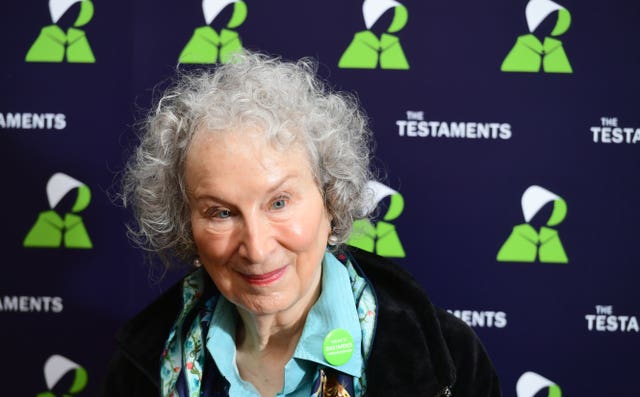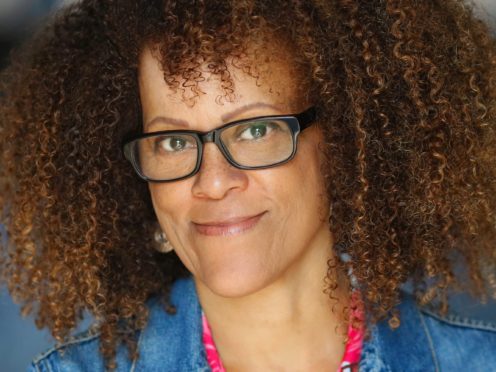Bernardine Evaristo has described being the first black woman to win the Booker Prize as “bittersweet”.
The British writer shared the award with Margaret Atwood as judges rebelled against the rules, splitting the £50,000 prize for both The Testaments and Girl, Woman, Other.
Atwood herself said she would have been “embarrassed” to win the award alone at her age.

Evaristo said it was “incredible” that she triumphed as a black woman writing about he black female experience.
She hopes to be a role model for writers of colour currently struggling to succeed.
Evaristo said: “It’s a bittersweet experience. In one sense it’s great to be the first, but I shouldn’t be the first.
“I think this prize has moved with the times. Our culture has moved somewhat in the past few years.
“The fact that a book by a black British woman, writing about black British women… the fact that I won the prize for this, won this prize with the book, I think is an incredible thing to happen.
“I don’t think it would have happened five years ago or ten years ago.
We’re delighted to announce that the winners of The #BookerPrize2019 are @MargaretAtwood with The Testaments @ChattoBooks and @BernardineEvari with Girl, Woman, Other @HamishH1931 #FinestFiction https://t.co/SQurx2Ky4u pic.twitter.com/zfyGHQIYaX
— The Booker Prizes (@TheBookerPrizes) October 14, 2019
“I think it’s about how the prize is won and who gets to be the judges.
“It just has not gone to black people, hardly at all.
“Hopefully it will inspire people. Hopefully I will be a role model, especially to writers of colour.”
Atwood welcomed sharing the glory with Evaristo, saying she would have been embarrassed to win the award while holding out a younger writer.
Judges, headed by Hay Festival founder Peter Florence, broke Booker rules to share the prize between the two women.
Speaking to journalists after the prize ceremony at the Guildhall in London, Atwood said of the split: “It would have been quite embarrassing of someone of my age and stage to have won.
“I really actually would have been embarrassed.
“I have been on many a jury. And I’ve been on a jury where we’ve split the prize. I understand the predicament. I get it.
“In a perfect world, which is the world of Alice In Wonderland, all have won and all shall have prizes.”
The Booker has been split twice before, between Nadine Gordimer and Stanley Middleton in 1974, and again between Michael Ondaatje and Barry Unsworth in 1992.
Rules were brought in following this to prevent future divisions of the prize.
Sir Salman Rushdie was shortlisted this year for his referential work Quichotte, along with Lucy Ellmann for Ducks, Newburyport, Chigozie Obioma for An Orchestra Of Minorities, and Elif Shafak for 10 Minutes 38 Seconds In This Strange World.
The jury was made up of Mr Florence, Liz Calder, novelist and film-maker Xiaolu Guo, writer and former barrister Afua Hirsch and composer Joanna MacGregor.
The winners will be hosted by the Duchess of Cornwall on Tuesday for a tea at Clarence House.
